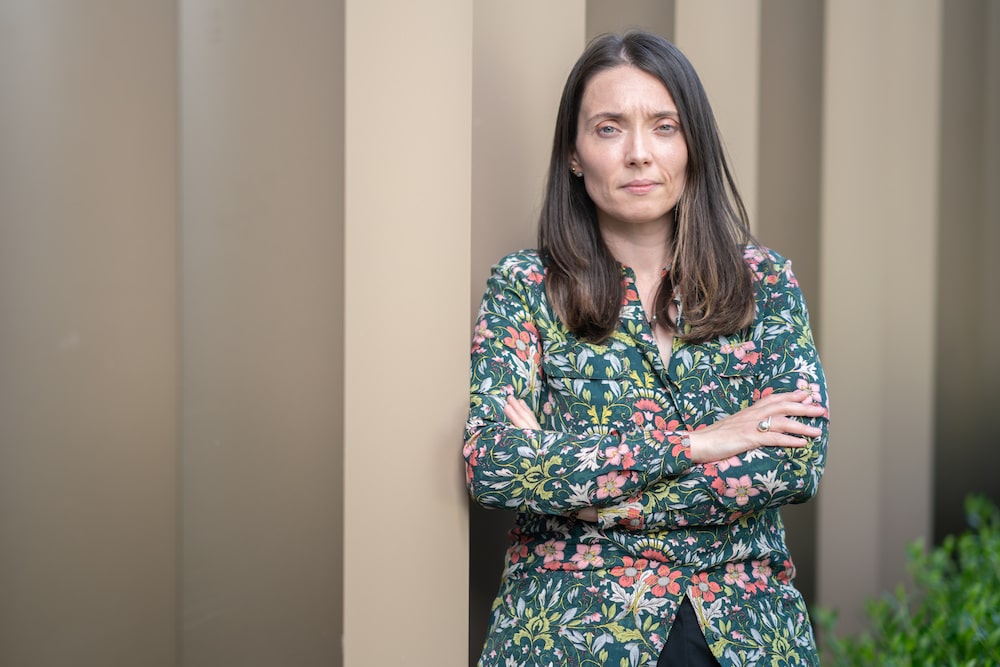Mary Whitehouse might have been right; perhaps stronger measures are needed to protect children from “filth”.
Children as young as two and three have been exposed to “really violent and sexually explicit content” online, according to a report written by an ANU scholar. More than 70 per cent of young people had seen content online they found concerning, but only 40 per cent reported online harm to the platforms they used.
The research, conducted in the UK during the 2020 COVID-19 lockdowns, calls for children’s and young people’s voices to be at the centre of discussions on all policy reforms in this area.
“Children told us they want to be safe online, and that’s up to governments, policymakers, and the tech companies to genuinely listen and address their concerns in partnership with them,” said the report’s author, Dr Faith Gordon from the ANU College of Law.
“Children’s rights need to be considered in making reforms, and that is what is missing in the frameworks that currently exist in Australia.”
Dr Gordon said although parts of Australia’s e-safety model led the way internationally, there were “grey areas” around legal but harmful content online, and how rights-based approaches worked.
“In Australia, the spotlight is now on new privacy legislation,” Dr Gordon said. “Proposals will require social media companies, under law, to act in the best interests of children when accessing their data.
“This is a positive move, but as the study shows, we need to see other agencies being held to account on this too, including the education tech sector and gaming platforms.
“We know from this report that children and young people can get around verification processes. There needs to be a more rigorous process for their age group, as well as for adults who should also be verifying their age.”
Dr Gordon said there was never a more crucial time to regulate our online spaces and educate wider society about acceptable use online, as the pandemic has caused a need for children to be on the internet.
Australia (like the UK) signed up to the UN Convention on the Rights of the Child in 1990, and must embed it into any future frameworks, Dr Gordon said. She also believes Australia must implement the latest UN General Comment on children’s rights in the digital environment, which states: “In the same way, human rights apply to children in a physical sense, they equally apply in the digital world.”
However, Dr Gordon said, the report showed that young people had to navigate “distressing” pushed content.
“Children also talked about experiencing unwanted contact, often from adults posing as children, or being bombarded with scams.”
Young people who complained typically reported feeling “re-victimised” due to no response or automated replies and inaction from online platforms.
“Adults and the law are always 10 steps behind,” Dr Gordon said. “Kids are telling us that they aren’t alright online. Yet companies lack transparency and accountability.
“Young people questioned why companies do not appear to be held to account. They want tech companies and the government to urgently address these issues, and they want their voices and suggestions to be heard.
“There needs to be a clear duty of care, and companies need to be much more transparent. This needs to be coupled with a legislative framework that upholds and promotes the rights of children.”
The report was launched on 10 November 2021 (GMT) by The Social Switch Project, a partnership between charities Catch22 and Redthread, and funded by the Mayor of London’s Violence Reduction Unit.
Get all the latest Canberra news, sport, entertainment, lifestyle, competitions and more delivered straight to your inbox with the Canberra Daily Daily Newsletter. Sign up here.



